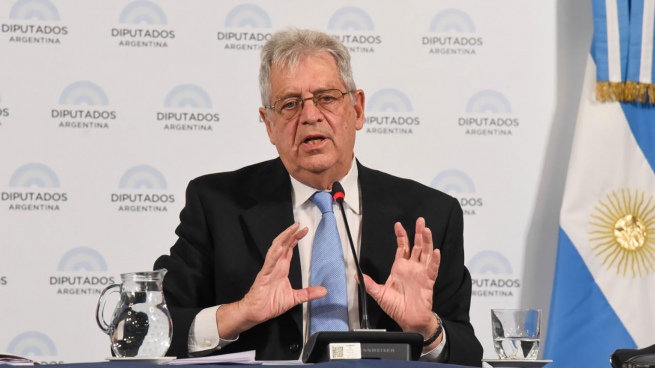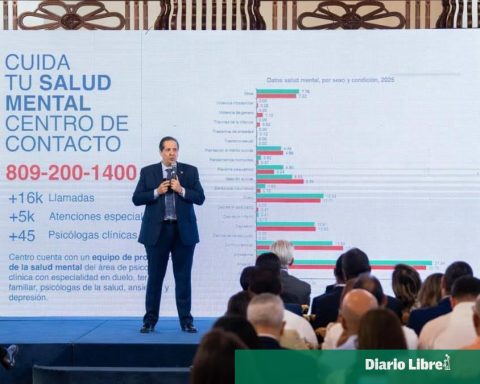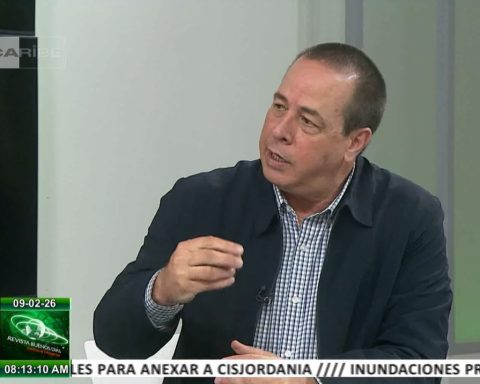The Vice Minister of Economy, Gabriel Rubinstein, affirmed that the 60% inflation target foreseen in the 2023 Budget is “realistic”, and even predicted that the monetary impulse of fiscal origin would be compatible with a price rise of “40% per year” .
“Yesterday, together with (Economy Minister) Sergio Massa and the team, we presented the Budget in Congress. I then explained the reasons why 60% inflation by 2023 would be realistic,” Rubinstein said through his Twitter account.
In a brief thread, the deputy minister clarified that “the monetary impulse of fiscal origin would be compatible with an inflation of 40% (3% monthly)”.
“From the government, we will act to improve the exchange system, whose disorder facilitated an exaggerated rise in business gross margins”Gabriel Rubinstein
In any case, he explained that the “excess aggregate demand caused by the fiscal deficit will continue to drive high inflation. Acting on inertia, and on margins, we can lower the IPC from 90% to 60%which is only a first step.
“From the government, we will act to improve the exchange system, whose disorder facilitated an exaggerated rise in business gross margins, and on inertia factors,” he said.
In this regard, he noted that “by attacking inflationary inertia and seeking a reasonable drop in business margins, we will be able to bring real inflation closer to the theoretical one (monetary impulse of fiscal origin)”.
“And if Congress improved the Budget, eliminating the primary fiscal deficit, it would provide us with a great tool so that we can return to normal inflation, of the order of 10% per year, in less time than almost everyone believes,” he said.
The deputy minister considered that until “exchange unification is achieved, there will be a certain disorder and higher-than-normal business margins.”
However, he ruled out unification of the foreign exchange marketwhich in his opinion “looks too risky without a robust primary fiscal surplus and almost no reserves.”
“It is our responsibility that all this improves and that is what we are doing”Gabriel Rubinstein
“As soon as we can we should go back to the 2003-2005 macro: primary surplus of 3% of GDP, therefore external surplus, single dollar and inflation of 5% per year, without price controls, with US$ 40,000 million in net reserves,” Rubinstein said.
The official also assured that “the companies are not to blame for the exchange disorder, even though there are regulatory abuses and corruption.”
“It is our responsibility (government) that all this improves and that is where we are,” concluded the deputy minister of Economy, Gabriel Rubinstein.
And if Congress improved the Budget, eliminating the primary fiscal deficit, it would provide us with a great tool so that we can return to normal inflation, of the order of 10% per year, in less time than almost everyone believes.
— Gabriel Rubinstein (@GabyRubinstein) September 29, 2022
Budget 2023
The Minister of Economy, Sergio Massa, accompanied by his economic team, presented on Wednesday in the National Congress the central guidelines of the 2023 Budgetwith a “prudent and realistic” projection of expenses and resources and a “conservative” inflationary guideline of 60%.
Massa explained for three hours the details of the Budget sent on September 15, which includes the macroeconomic variables projected by the Government of a 2% increase in the growth of the Gross Domestic Product (GDP), a deficit of 1.9% and an average inflation of 60%.


















